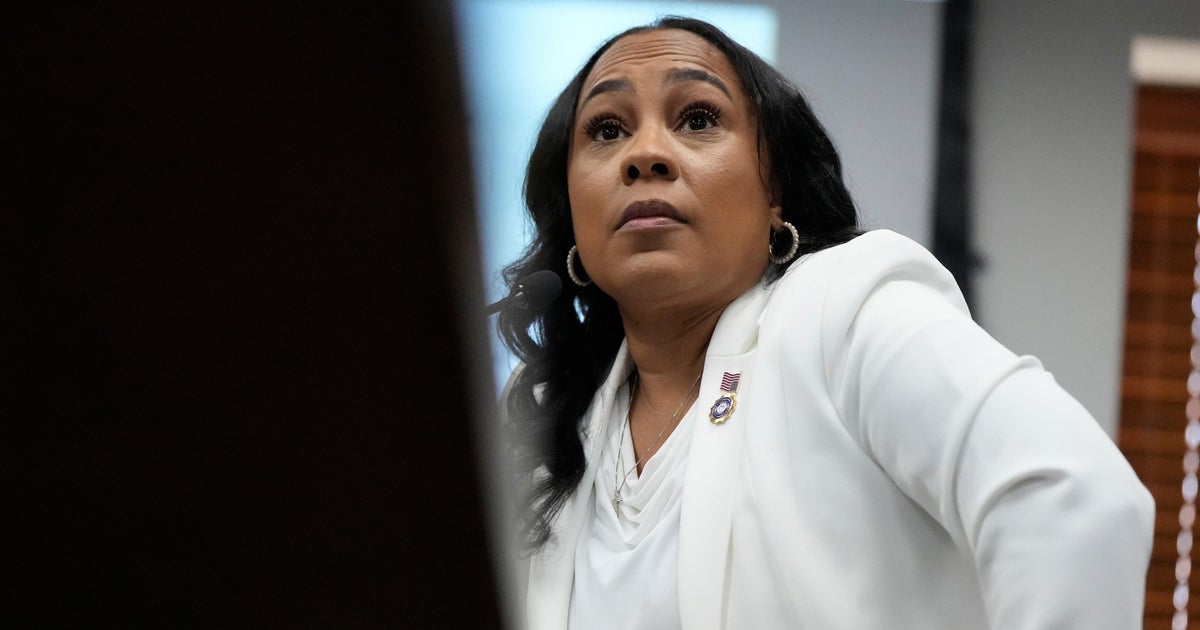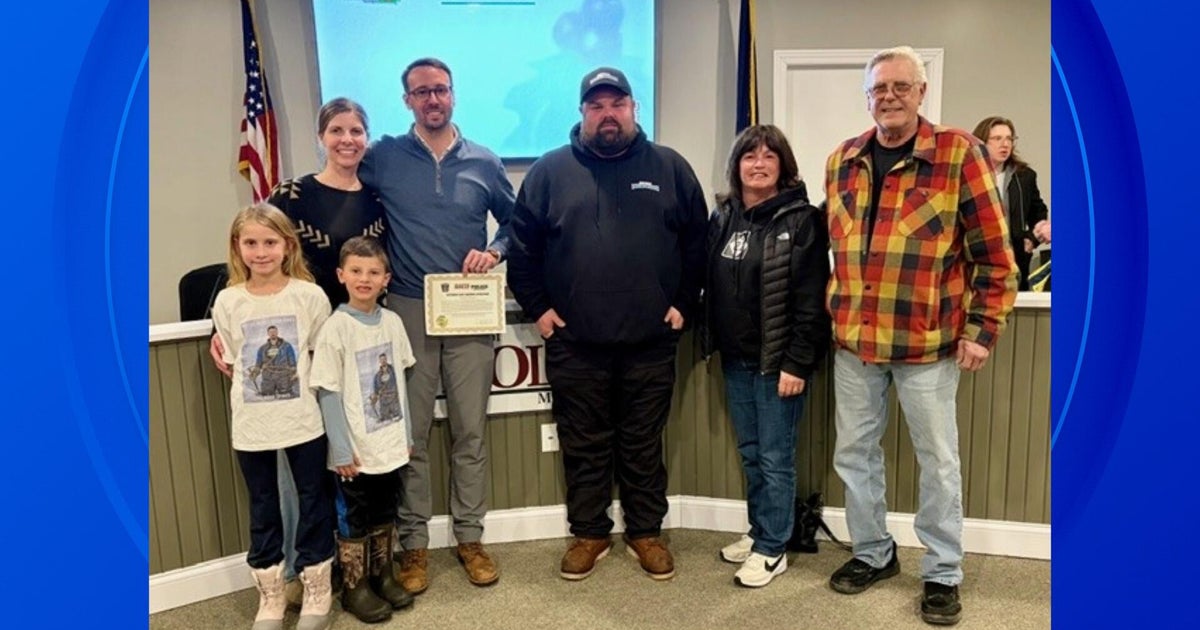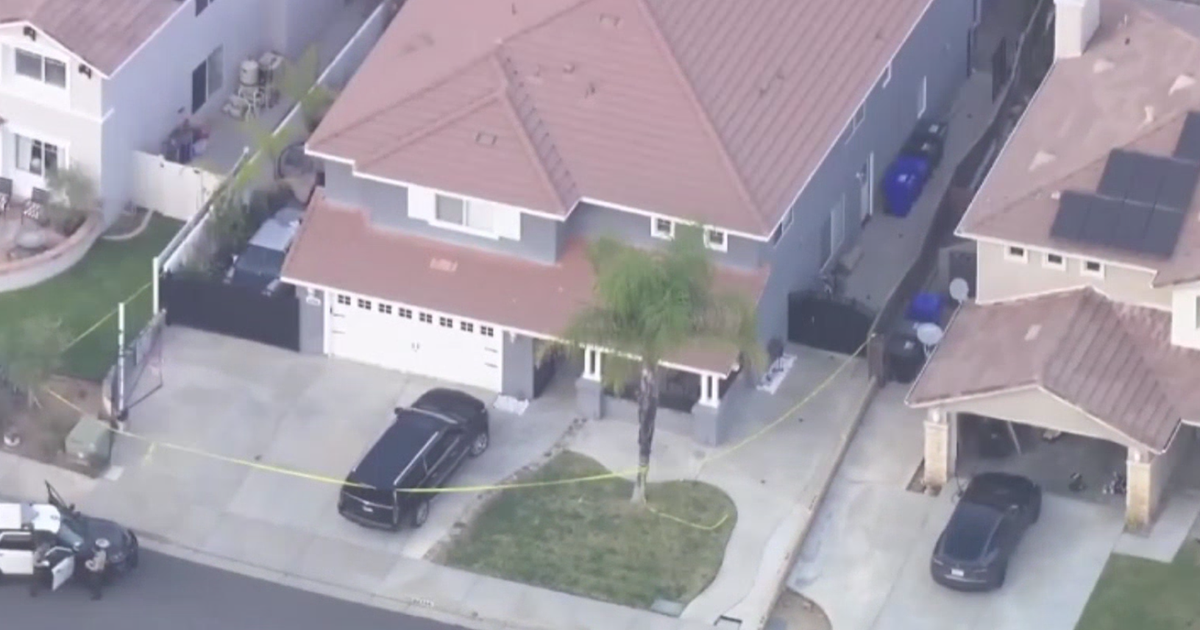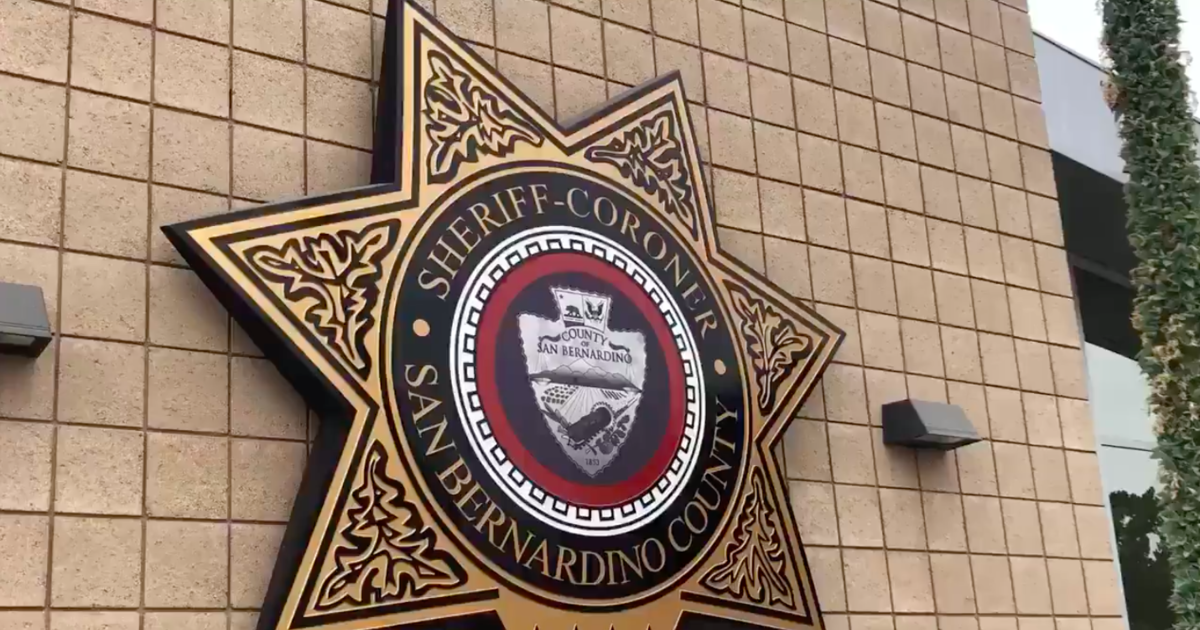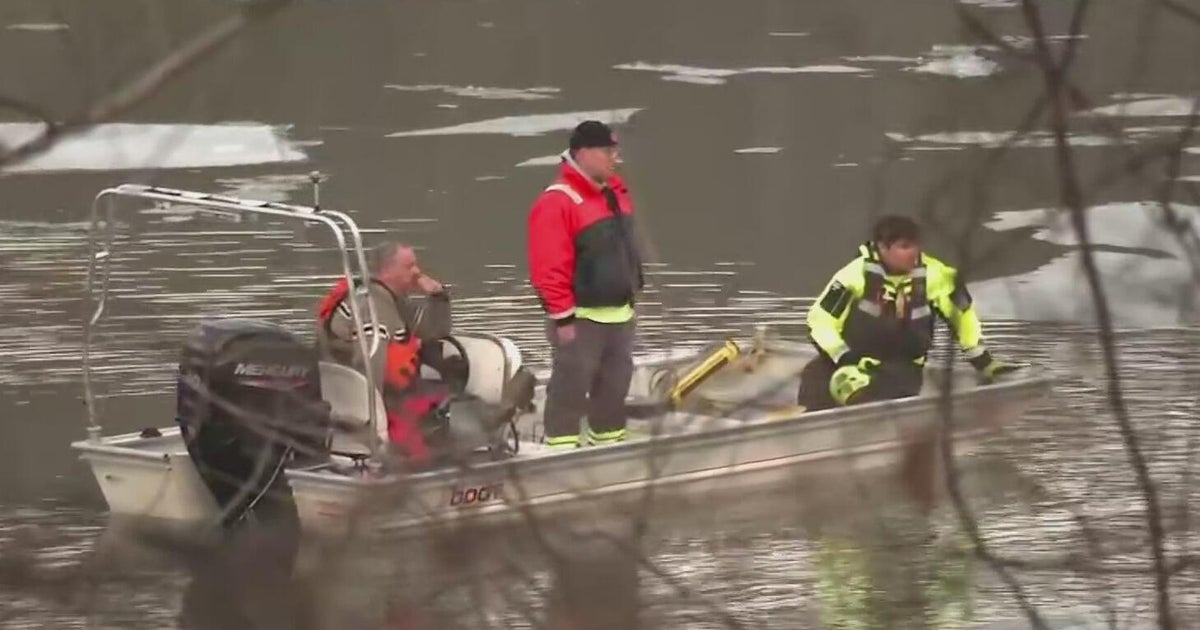Exclusive: Broward Moves for Better Pool Safety Laws
FORT LAUDERDALE (CBSMiami) -- Broward County joined Miami-Dade on Wednesday in an effort to mandate new pools carry low voltage power.
The legal changes stem from CBS4's series of reports of children shocked and killed in pools.
Click here to watch David Sutta's report.
Wednesday's action by Broward County's Board of Rules & Appeals is viewed by pool builders and electrical engineers as great news for anyone who owns or swims in a pool. They said the steps taken could very well save your life or someone you know.
Within minutes of starting their meeting Broward's Electrical committee voted unanimously to require all new pools carry low voltage. They spent a majority of their time trying to figure out the best way to implement it.
David Tringo with Weston's Building Department told the committee they needed to act.
"With a large community with a lot of pools, it's a grave concern," said Tringo.
The decision in Broward comes on the heels of a CBS4 investigation into incidents of children being shocked or even killed while swimming. The findings were alarming to Miami-Dade Commissioner Audrey Edmonson.
"Once I saw your report. That was not isolated. That was happening all over the place," said Edmonson.
CBS4 discovered essentially two sets of rules in Florida's pools.
Commercial pools are required to carry low voltage power. It meant when 3 children were shocked while swimming in a Hialeah apartment building pool, they lived.
In Florida more than a million residential pools do not have the low voltage requirement. When incidents happen with high voltage, the outcome often is deadly.
Chris Sloan's son Calder died while swimming in the family's pool earlier this year. A number of issues contributed to the incident which has led to a lawsuit and brought up questions over Florida lack of required inspections of aging pools.
Broward pool builder Ron Burr of Rite Way Pools said education is key.
"Most homeowners don't even know what their light is. They know they have a light fixture in their pool but they have no idea if it's 12-volt or 120-volt." Burr told us he would not even work on a pool that has high voltage lighting.
During the summer, Miami-Dade began the process of eliminating high voltage in residential pools.
Sloan pleaded with Miami-Dade commissioners at a hearing in August to require low voltage in residential pools. His moving comments motivated Miami-Dade commissioners to look into finding measures that may one day do even more for pool safety.
On Wednesday, Broward agreed it just makes sense, not just in Miami-Dade pools, but in any pool.
"I think it should be statewide. I think it should be a no brainer," said Burr.
Broward Fire Rescue Fire Marshal Mark Curran made a good point to the committee. This new law will only prevent deaths in newly constructed pools.
"What we are doing is not going to prevent this from happening again because it's for new construction. I think we should be proactive, and come up with language, or a public service campaign or something to notify the public that if they have that particular light, that it needs to be changed," said Curran.
The electrical committee agreed they need to find ways to address a problem most people don't even know they have.
The committee plans to look into the possibility of the following:
-Asking insurance companies to do inspections or require inspections
-Asking realtors to require pool lighting disclosures at the sale of every home with a pool
-Requiring home inspections include pool equipment and lighting
-Notifying pool and electrical contractors of the issue when applying or renewing licenses
Broward, along with Miami-Dade hope to have the new low voltage requirement that will save lives in place by the end of the year. Both counties agree this is really not a South Florida problem but a pool problem in general. This could very well be taken up by the state building commission.
Building officials repeatedly have told CBS4 that despite the measure being a "no-brainer" it is a hard thing to do. The process alone can take years. For now it may be up to each of Florida's 67 counties to handle this on their own. Palm Beach has indicated they might be next.
RELATED CONTENT:
